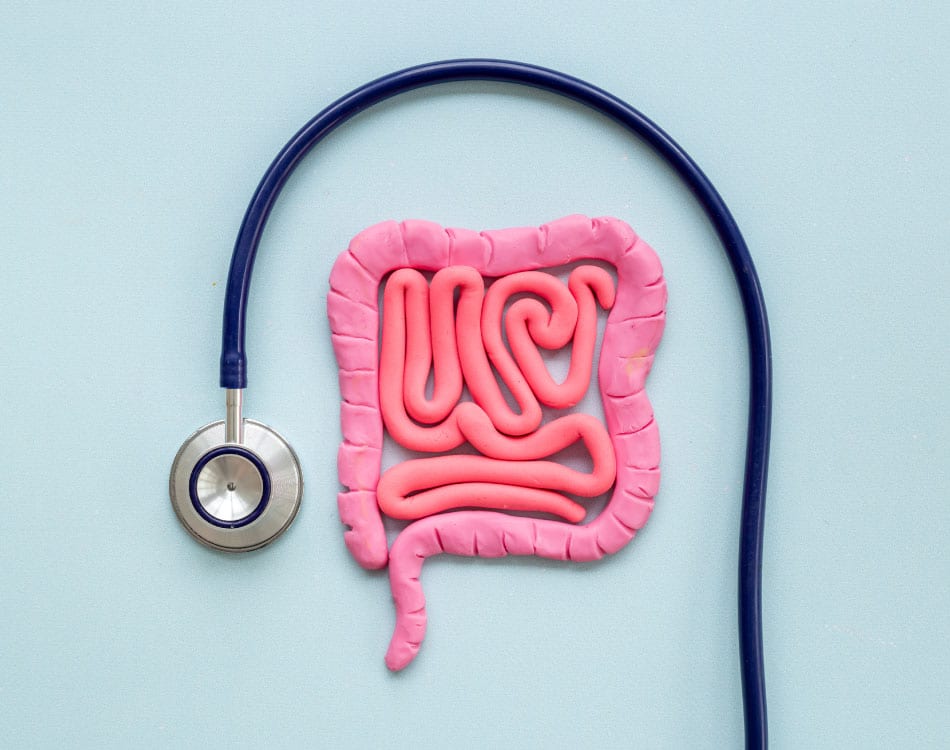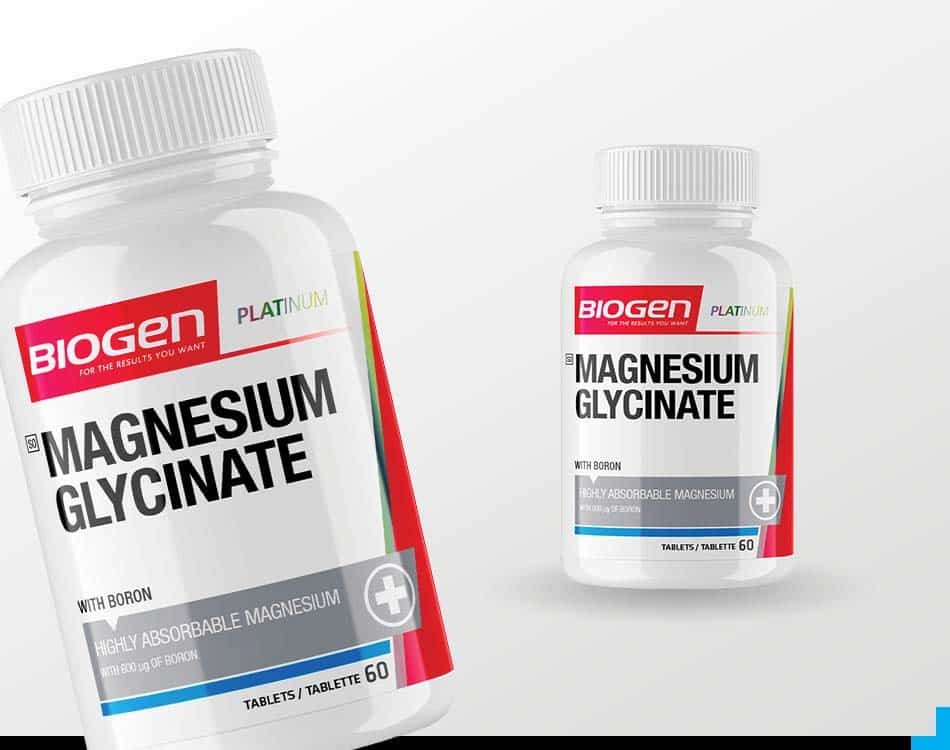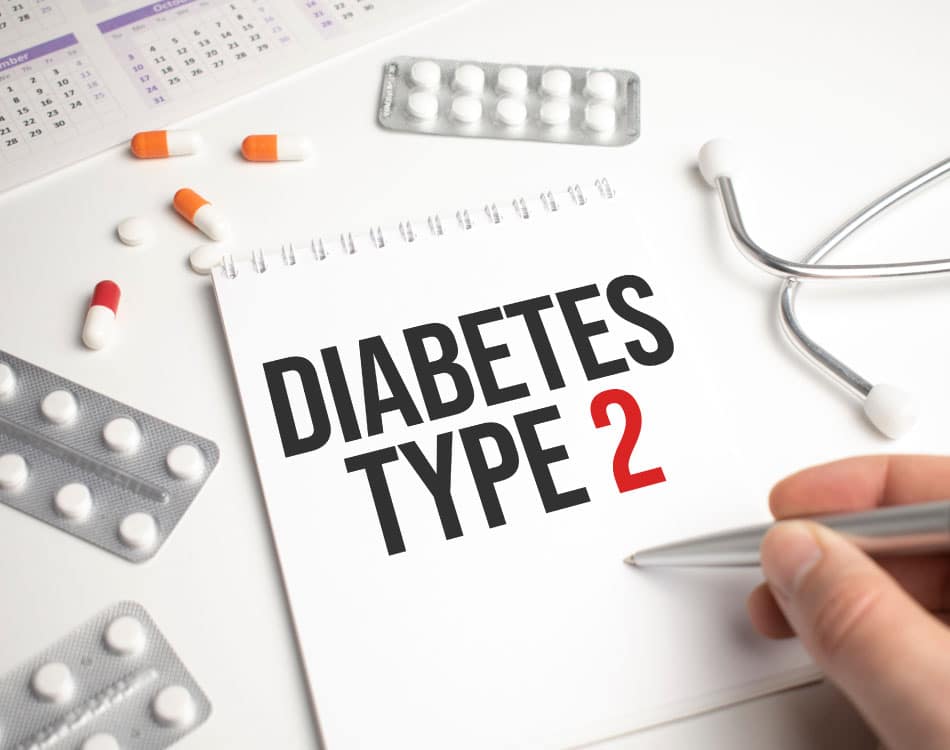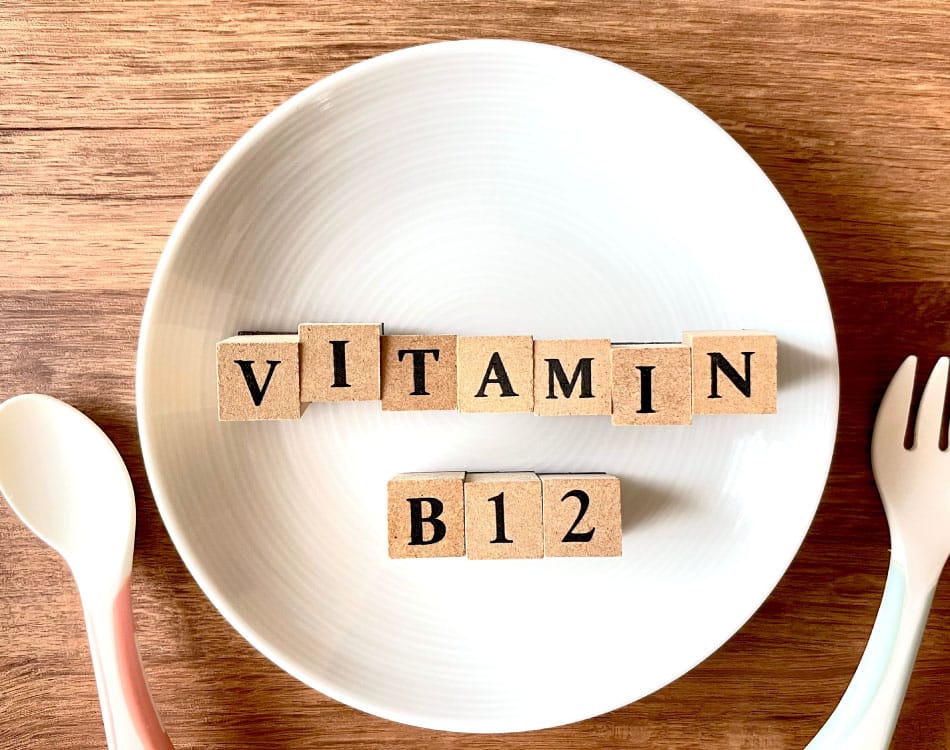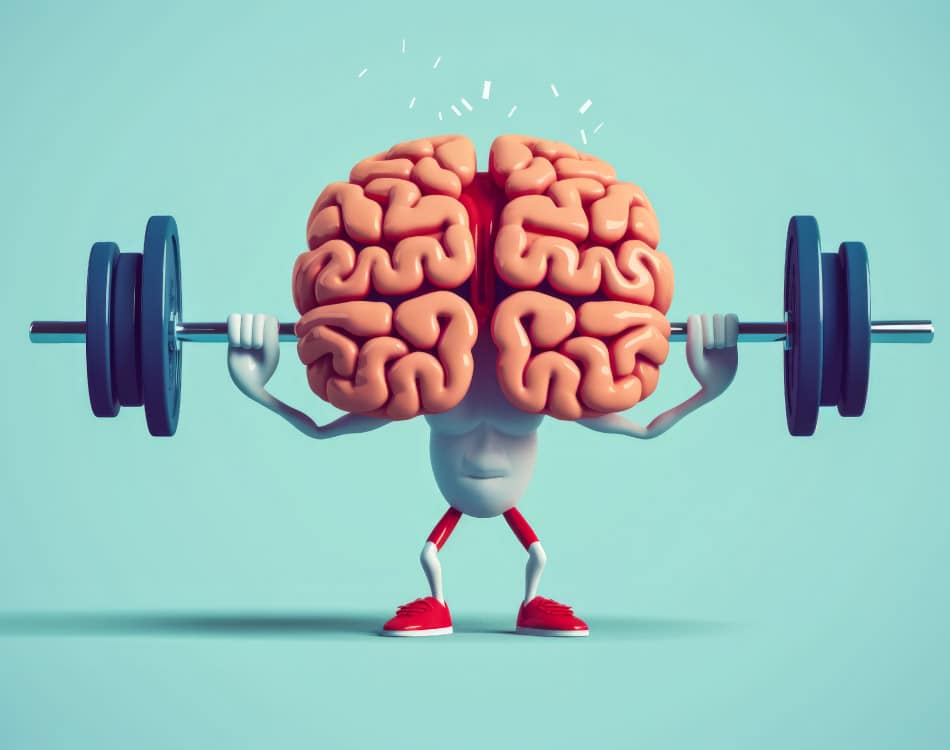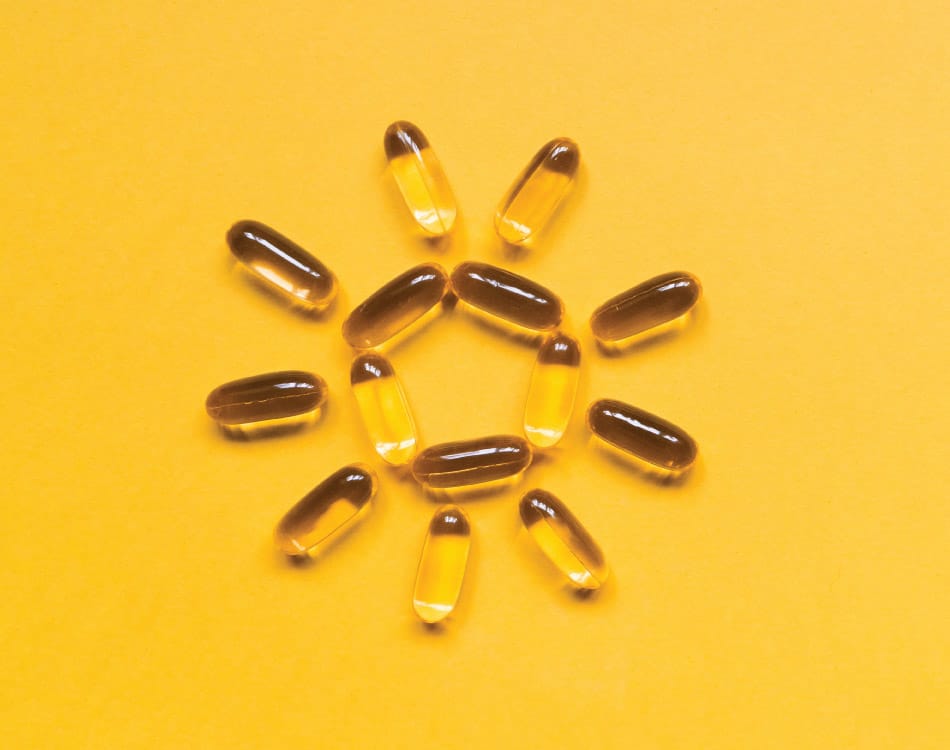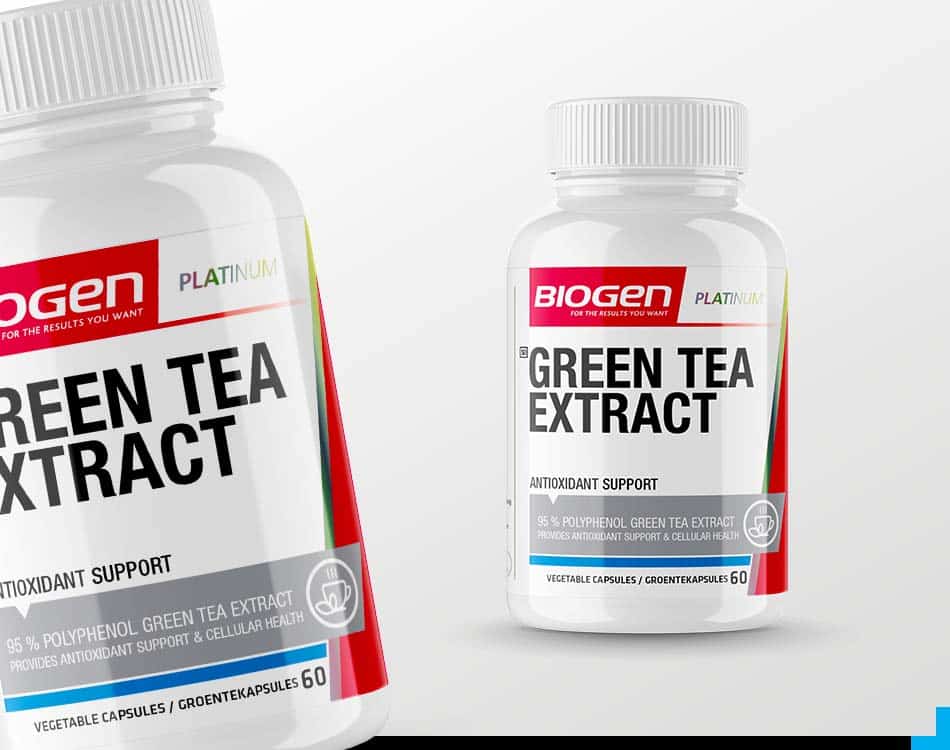While the key to meeting your nutritional needs is a healthful, wholesome diet comprised predominantly of natural foods supported with quality supplements where required, you won’t get the full benefit from your efforts if your body is unable to effectively digest and absorb these nutrients.
The important role that effective absorption plays in the optimal nutrition equation is often overlooked, yet malabsorption is a growing issue worldwide.
Malabsorption due to various common digestive disorders can compromise our ability to adequately digest and absorb the fats, carbohydrates, proteins, vitamins, minerals, and trace elements we get from our food and supplements.
READ MORE | Protein Absorption Rates Explained
Digestive disorders to blame
While digestion and nutrient absorption are interdependent, malabsorption can result from poor digestion – how our bodies break down the nutrients we eat – and can also relate to our body’s inability to effectively absorb nutrients at specific locations in the digestive tract.
For example, when bowel transit time is too quick or too slow (known as impaired GI motility), the risk of malabsorption increases as the digestive system fails to function properly.
Additional factors that can affect absorption include digestive defects caused by issues with or damage to the mucosa in the digestive tract, congenital defects in the intestines, or compromised blood flow to the intestines.
Other potential issues such as inflammatory bowel disease (IBD), gut permeability, leaky gut syndrome, celiac disease, Crohn’s disease, cystic fibrosis, or even an imbalance of flora in the gut microbiome can also impair the absorption of specific nutrients.
Antibiotic overuse, direct trauma to the gut, or damage caused by surgery can may affect digestion and absorption as well.
READ MORE | Restore Gut Health After Antibiotics
Spot the symptoms
Examples of non-specific symptoms related to malabsorption include unintentional or unexplained weight loss, including muscle wasting, persistent diarrhoea, poor wound or injury healing, delayed growth and development in children, or brittle bones.
Other possible symptoms may include
- Chronic fatigue, weakness and lethargy
- Gas, bloating and/or cramping
- Changes in the colour and consistency of your stools – a pale to white and/or greasy in texture
- Weakness
Longer-term issues could include iron-deficiency anaemia, which can result in shortness of breath.
READ MORE | Spray Vitamin Deficiencies Away With Sublingual Supplements
Searching for causes
When doctors suspect malabsorption, they will typically take a patient history to identify recurring issues and may order specific testing such as blood, faecal and/or breath tests to support a diagnosis.
Based on an initial non-specific assessment, a doctor may order additional tests, such as an endoscopy, a colonoscopy, acid-fast stains, a magnetic resonance cholangiopancreatography or elastography, a jejunal aspirate culture, or computed tomography (CT).
More specific testing may follow to identify specific conditions such as Crohn’s disease, celiac disease or IBD, among others.
As nutrient absorption occurs at three main points along the digestive tract, medical specialists will categorise malabsorption issues according to the relevant stage that is affected. These include:
- The luminal phase: Involves mechanical digestion (chewing and mixing) and digestive enzymes.
- The mucosal phase: Nutrient absorption by the mucosal membrane.
- The post-absorptive phase: Facilitated by the lymphatic system and adequate blood flow.
READ MORE | Read The Signs For A Complete Picture Of Your Body And Health
Treating the condition
Treatment approaches and recommendations will follow based on a more specific diagnosis. Often, sufferers need to combine approaches to improve digestion and enhance absorption to address malabsorption.
Treatment protocols typically aim to correct deficiencies with nutritional interventions and supplements while also treating the underlying cause, which may include medications or other treatment protocols. In conditions related to allergies, it is important to avoid common triggers like gluten or dairy.
You can also take a proactive approach by improving your digestion by adding digestive enzymes and probiotics and prebiotics to your daily supplement regimen.
Digestive enzymes, like Biogen Digestive Enzymes or NPL Digestive Enzymes, help to break down and digest specific macronutrients and other compounds.
The main digestive enzymes include:
- Amylase – breaks complex sugars into smaller molecules like maltose.
- Lactase: Breaks down lactose in dairy.
- Lipase: Breaks down complex fats into smaller fatty acids and glycerol.
- Pepsin: Breaks down proteins into polypeptides.
- Proteases and peptidases: Breaks down specific proteins into amino acids.
- Trypsin: Breaks down protein into amino acids in the small intestine.
Digestive enzyme tablets taken with meals help your body to digest the food you eat to and break it down into smaller molecules so your body can absorb the nutrients you need. Effective supplements typically contain a blend of all the major digestive enzymes.
Supplemental probiotics can provide additional support by repopulating the gut with beneficial bacteria that aid digestion and absorption.
Studies show that supplementing with probiotics, like Biogen Supreme Probiotic 9-Strain, can facilitate the absorption of more amino acids from a protein meal and significantly boosts vitamin D levels circulating in the bloodstream.
And including more soluble and insoluble prebiotic fibre in your diet from food and supplements provides important sustenance for the probiotic bacteria, which supports colony growth and allows them to thrive.
Your body also needs both forms of fibre to support optimal digestion by improving gut motility and bowel transit time to reduce cases of constipation or diarrhoea.


